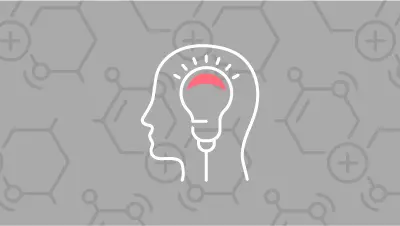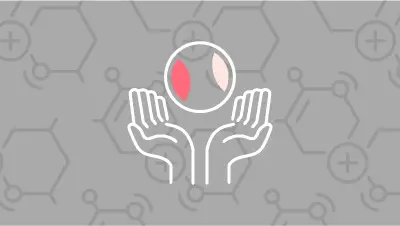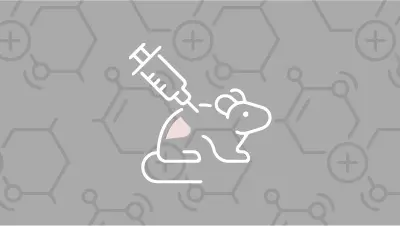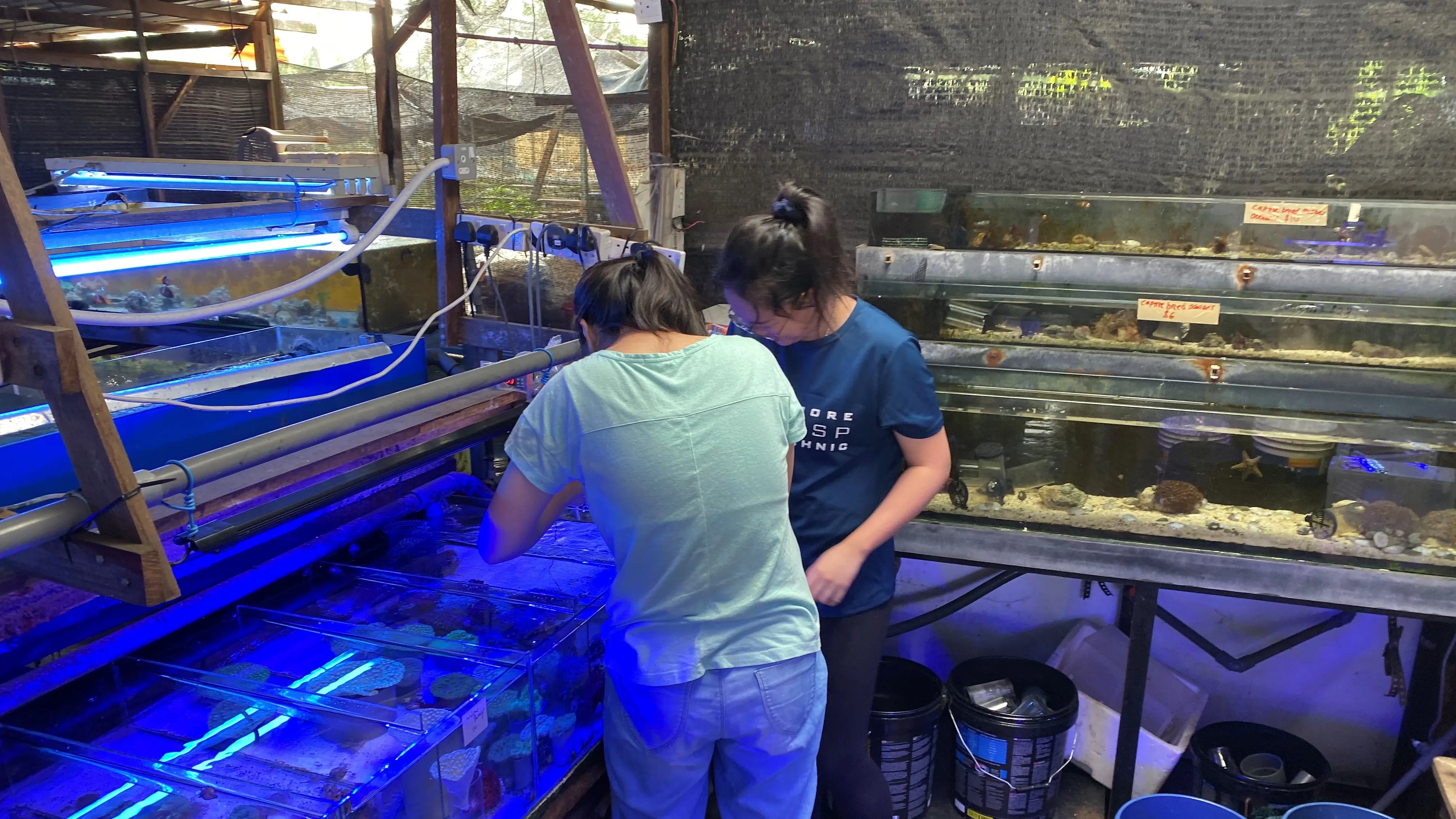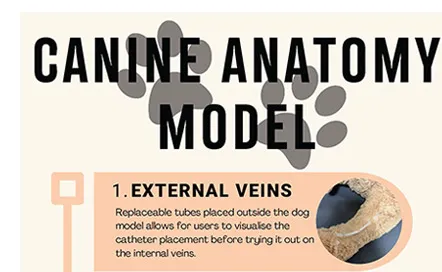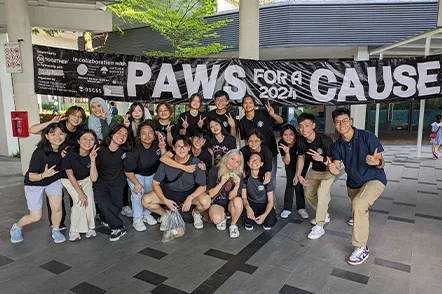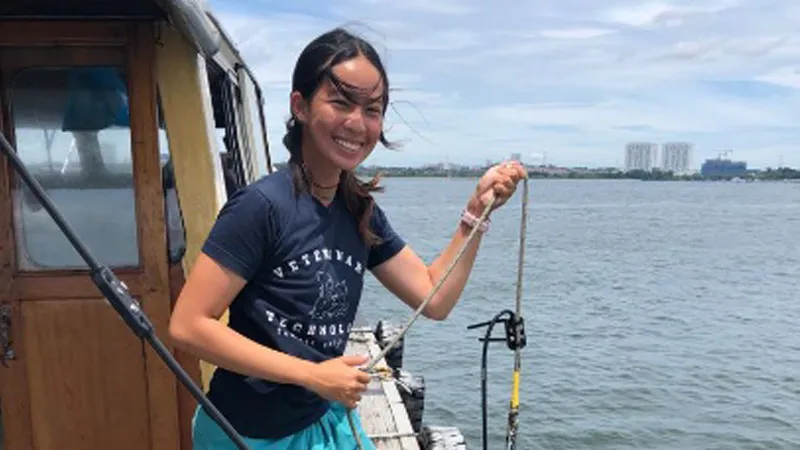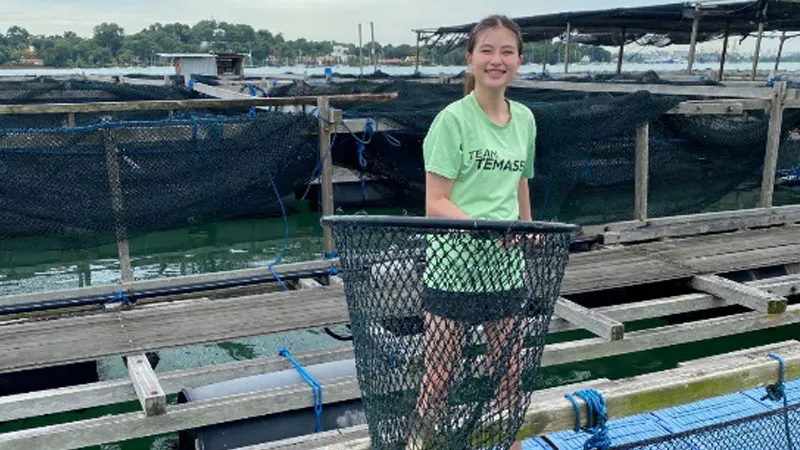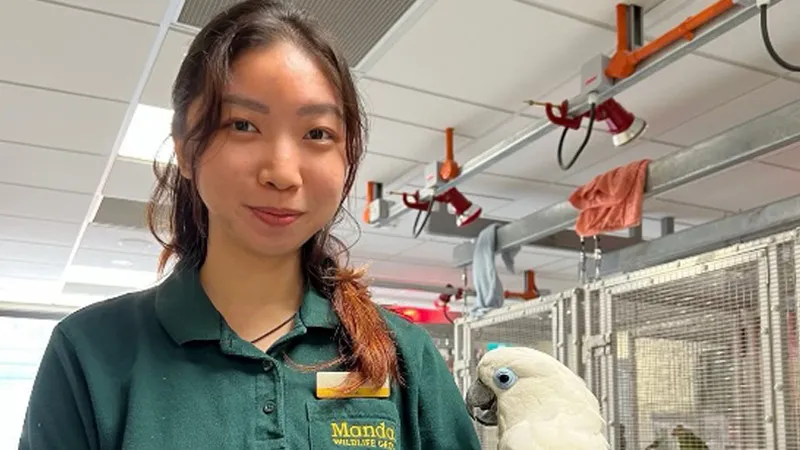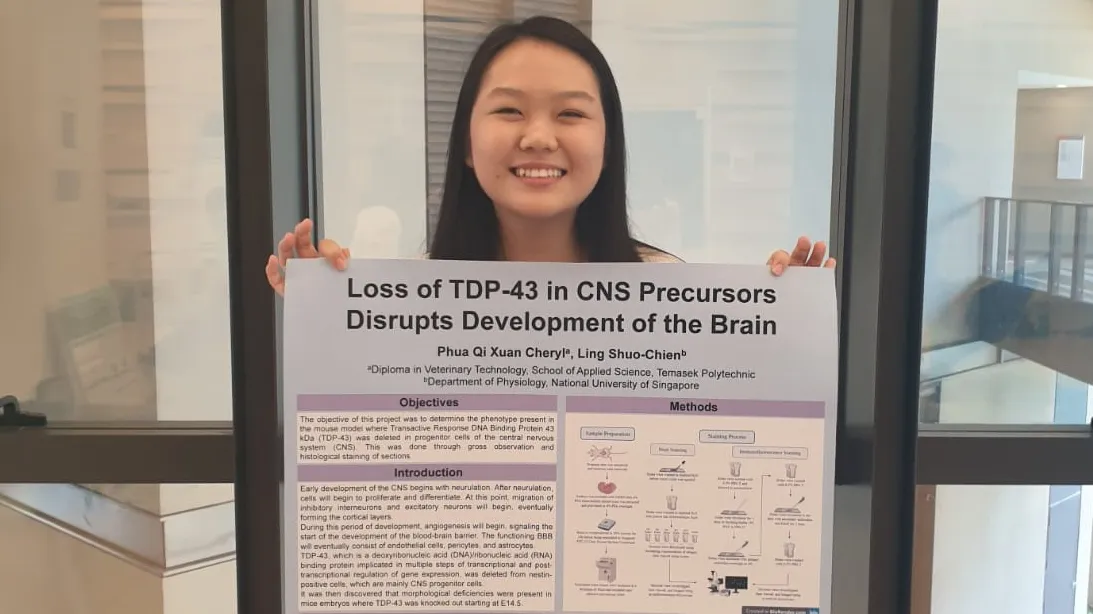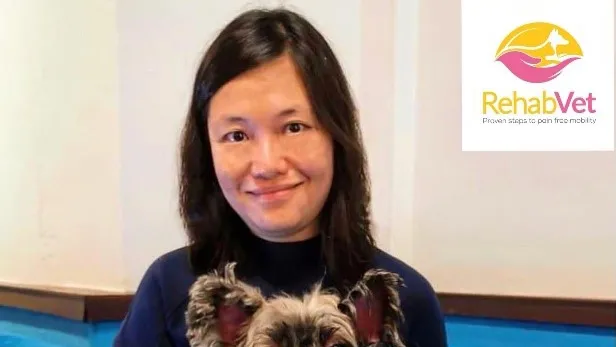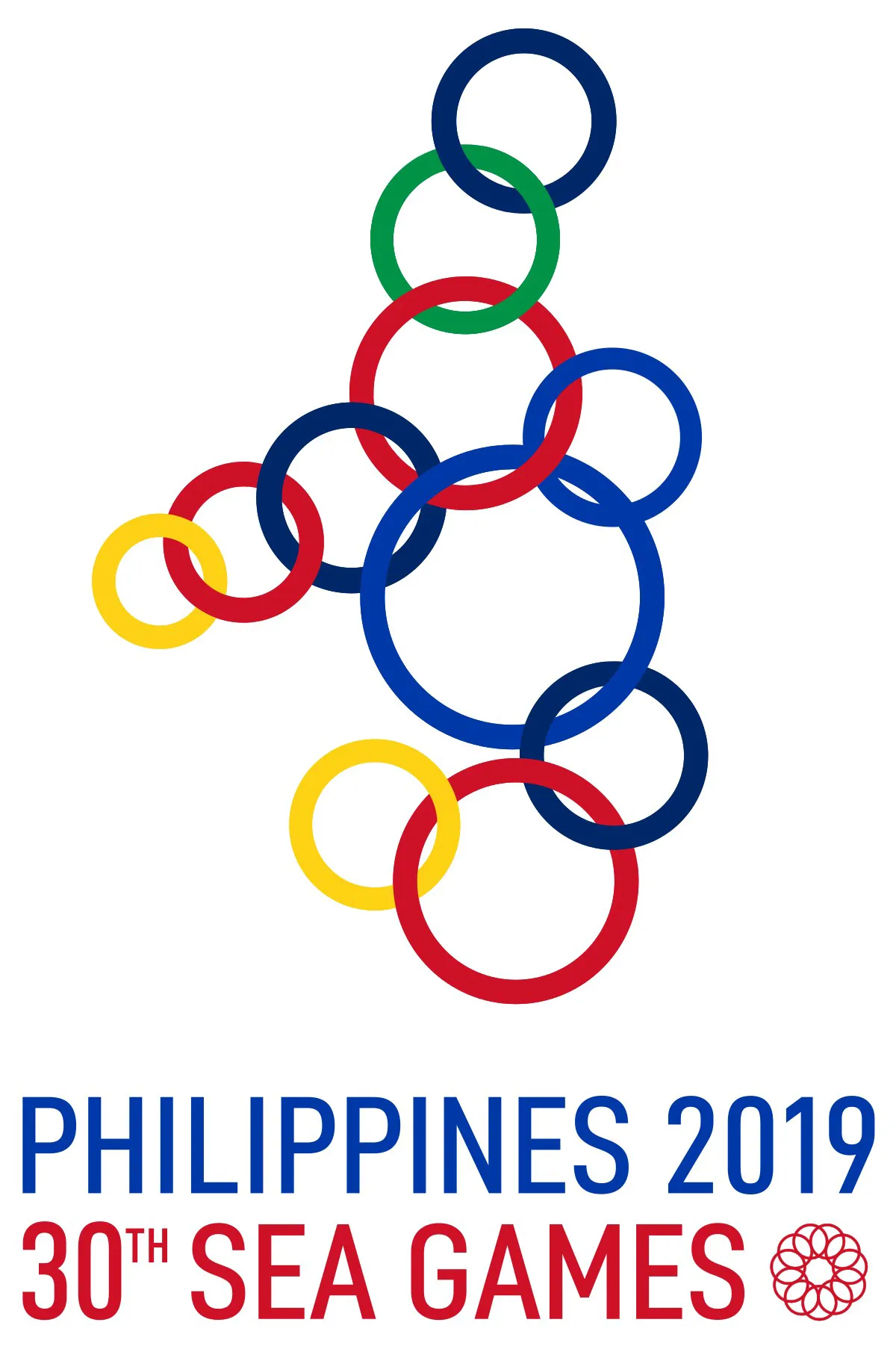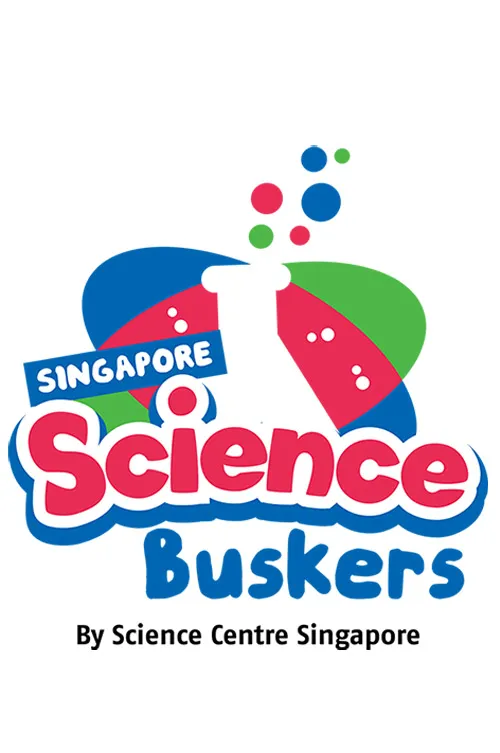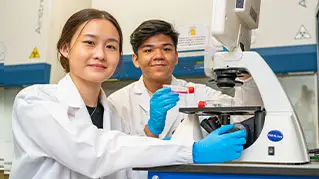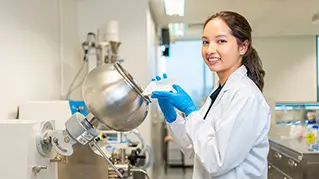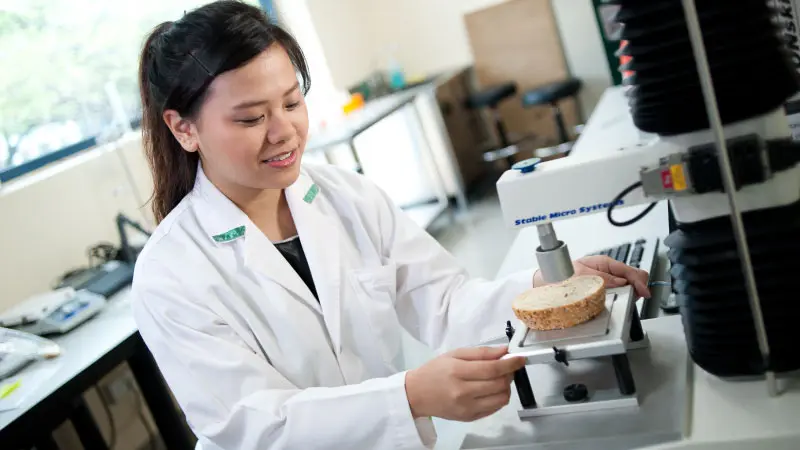Course Overview
Transform your passion for animals into a fulfilling and meaningful career path! This comprehensive course integrates theoretical knowledge with hands-on practice, empowering you to become a skilled veterinary technician. If you're harbouring aspirations in marine science or aquaculture, rest assured this program will also lay a solid foundation for your future endeavours in these fields.
Under the guidance of our expert team, you'll receive specialised training in veterinary care, mastering essential techniques such as animal husbandry, anaesthesia monitoring, and diagnostic testing at our fully equipped and licensed TP Animal Clinic & Wellness facility. The broad-based and well-structured curriculum goes beyond to cultivate your expertise in caring for aquatic animals and pets.
With growing awareness about animal welfare issues and our pursuit of advancing medical solutions for various ailments, you'll gain a scientific grasp of the applications of laboratory animal science, with an emphasis on responsible and humane animal care practices. Further enhancing your technical proficiency, a structured 5-month internship awaits you, either within local institutions or abroad. This immersive experience can take you to veterinary research institutions, aquaculture and marine animal facilities, veterinary clinics and hospitals.
Upon completing this comprehensive training, you'll be poised to tap into a wide array of career prospects spanning the aquaculture, veterinary care, and biomedical research sectors.
Get the opportunity to attain the below certification(s) throughout the course of your study:
- Responsible Care and Use of Fish (RCUF) certificate
- Responsible Care and Use of Laboratory Animals (RCULA) certificate

